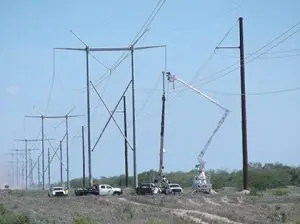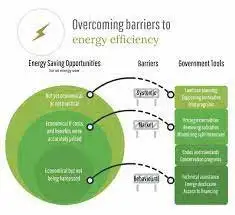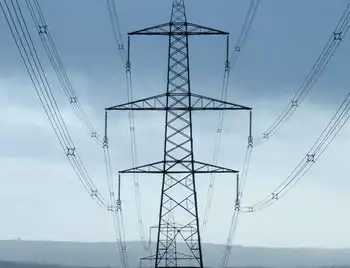Biomass project cleanest cogen in Canada
By PR Newswire
Substation Relay Protection Training
Our customized live online or in‑person group training can be delivered to your staff at your location.

- Live Online
- 12 hours Instructor-led
- Group Training Available
The project is funded entirely by the Pulp and Paper Green Transformation Program PPGTP credits, earned through production of black liquor at the Crofton pulp operation in 2009. The electricity will be certified under the federal EcoLogo program.
The project will involve new waste-wood handling equipment, a sand recycling system and other upgrades to an existing power boiler PB19, and installation of a steam condenser on the generator G12. Work is underway and expected to be completed within approximately 12 months.
"One of the great strengths at the Powell River operation is our clean-burning power boiler. Emissions and air-quality monitoring demonstrate that," said Bob Lindstrom, vice-president, supply chain, energy and information technology. "Factor in our marine access to waste-wood supplies, and our Powell River mill becomes one of the most logical and low-impact places in Canada to generate green energy from biomass."
The project is supported by the Sliammon First Nation, which has signed a memorandum-of-understanding MOU with Catalyst in connection with it. The MOU includes provision for a Sliammon-Catalyst Development Fund, commits Catalyst to informing the Sliammon regarding fibre-supply opportunities, and envisions longer-term collaboration relating to skills development.
"We have a good, ongoing working relationship with Catalyst. This MOU focuses on areas where we can gain benefits from stronger collaboration that supports capacity building and employment for band members. Sliammon First Nation would like to be part of positive developments within Catalyst," said Clint Williams, Chief Counsellor, Sliammon First Nation.
Co-generation projects harness electricity-production opportunities within existing industrial facilities and can enhance their operational viability with modest capital investment and little to no site disturbance or additional transmission infrastructure.
Waste wood, mostly tree bark, is burned in PB19 to create steam for both paper-making and electricity generation. Manufacturing-related steam requirements were reduced when kraft pulp production ended at Powell River in 2001. The new steam condenser will allow PB19 to once again be operated at capacity, and G12 electricity generation double from 14-18 megawatts MW to a range of 32-36 MW.
Waste wood or biomass is classified as a carbon-neutral fuel under international carbon accounting protocols and widely accepted standards, and the project will therefore help achieve B.C.'s carbon-reduction and energy self-sufficiency goals. The same amount of fossil fuel-generated electricity would typically create nearly 100,000 tonnes of greenhouse gas emissions each year, equivalent to the operation of 25,000 cars.
"Green-energy generation has enabled us to reduce the carbon footprint of our Canadian mills by more than 80 per cent since 1990," said Lindstrom. "We are keen to leverage that expertise more broadly. This project creates a supplemental energy product line, and that could translate into significant competitive advantage in an industry that's under pretty severe pressure."
The project's impact on the mill's environmental performance has been modeled and assessed, as required by the Canadian Environmental Assessment Act. The electricity from this project will displace natural gas generated electricity for a net annual reduction of 96,500 tonnes of carbon emissions. Mill air emissions are expected to remain within applicable permit levels and the mill's carbon footprint will remain at an industry-leading level of approximately 88 kg of CO2e/adt of production.
Installation of a recycling system will improve the use of sand that is fed into the boiler bed to ensure combustion efficiency. Rather than being trucked away for screening, as is now done, sand will be screened and recycled on-site, reducing the total volume of sand required.
The PPGTP is a federal program designed to support innovative projects with environmental and energy benefits in the Canadian paper industry. Catalyst qualified for $18 million in PPGTP credits.











